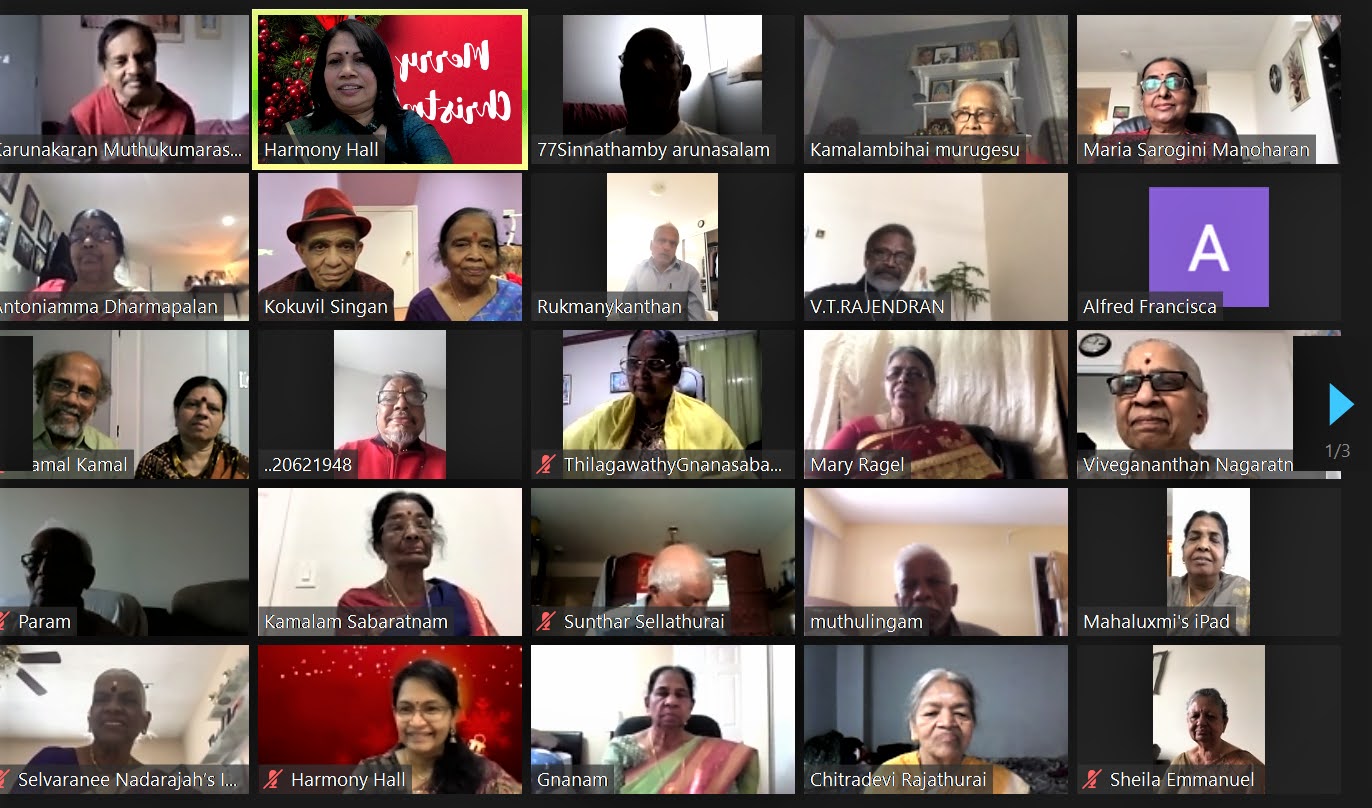March 2020 ushered in a perfect pandemic storm, one that trickled down to affect every element of physical, mental, and community health. Our community was faced with shutdowns and limits on the availability of critical services and resources. We were forced to migrate from using conventional ways of providing services to ways that required a certain level of technological savvy. Recognizing that many community members and clients of SRCHC would be negatively affected by these reduced services, we worked to increase their accessibility.
Many of SRCHC’s services are essential, such as our safe-injection sites, Safer Opioid Supply program, food access services, primary care, and allied health care, so we needed to keep our doors open—with capacity limits—to maintain safety for everyone. With an “all-hands-on-deck” approach, these in-person visits meant that clients were getting needed access to care, thereby reducing harm from the COVID-19 pandemic on our community.
Although non-essential in-person services may have been limited, efforts were made to shift these services to various virtual platforms. With approximately 15 Zoom and GoToMeeting account subscriptions and using Ontario Health’s Ontario Telemedicine Network’s platform, SRCHC staff have been able to safely engage with clients in both one-on-one and group settings.
However, the pivot to pandemic mode encapsulated the need for clients to access devices and receive training/support on the use of them. The realization that many SRCHC clients did not have the technological resources or knowledge base to access these platforms was met with donations from community members and partner organizations, which helped provide devices to 186 clients who otherwise would not have had one. The combined effort to train, support, and provide devices to client populations, especially seniors and marginalized individuals, resulted in both group attendance and virtual individual direct encounters tripling compared with before the pandemic.
The critical nature of group programming and community sharing, especially amidst a pandemic, has allowed us to address and chip away at the wall built by the ever-prevalent and destructive issue of social isolation in a time when keeping safe called for being isolated. SRCHC was able to safely partner with community members to promote togetherness, healing and connectedness, sharing and healing by way of these virtual platforms and community initiatives.
The knowledge that we can still show up for our clients and community members in important, non-conventional ways has been well received by staff and clients alike and was matched with efforts across the organization to ensure that our community continues to grow stronger.

